Not possible to add anything to JCPOA: Araqchi
A senior Iranian diplomat has warned that the Middle East will be worse off if the 2015 nuclear deal collapses amid US President Donald Trump's threat to kill it.
In an interview with the Japanese Kyodo News Agency, Deputy Foreign Minister Abbas Araqchi stressed that Tehran was "fully prepared" for a possible US withdrawal from the agreement.
"It's up to the US government and Mr. Trump. If he feels that the Middle East will be a better place without (the nuclear deal), then he can try it," he said.
Trump refused in October to certify that Iran was complying with the accord under a domestic US law and directed his administration “to work closely with Congress and our allies to address the deal’s many serious flaws.”
The US Congress on Tuesday missed a deadline set by Trump to re-impose sanctions on Iran that were lifted under the the Joint Comprehensive Plan of Action (JCPOA), as the nuclear accord is officially called.
Now, Trump has until mid-January to decide whether to waive the anti-Iran sanctions or risk terminating the nuclear pact by imposing new measures.
Araqchi emphasized that the nuclear deal was unanimously endorsed by the United Nations Security Council and that the International Atomic Energy Agency has repeatedly confirmed Iran’s full commitment to its side of the bargain.
"The nuclear deal is not renegotiable and also it's not possible to open and add anything else to it," he noted.
The Iranian diplomat further accused Washington of violating the spirit of the accord by creating an atmosphere of "confusion" and "uncertainty" around it, which has kept foreign companies at bay and frightened investors.
Araqchi touched on the back and forth between Trump and the US Congress, saying "this has nothing to do with us. What is important for us is US full compliance."
Earlier on Wednesday, Araqchi protested US breach of its commitments under the JCPOA during a meeting of a commission tasked with monitoring commitments to the accord.
“All members of the P5+1 [group] explicitly protested to the US and stressed that it should fully and precisely implement its commitments,” he told reporters in the Austrian city of Vienna.
The JCPOA was reached between Iran and the P5+1 countries — namely the US, Russia, China, France, Britain, and Germany — in July 2015 and took effect in January 2016.
Under the accord, Iran undertook to apply certain limits to its nuclear program in exchange for the termination of all nuclear-related sanctions against Tehran.
Other parties to the deal, along with the entire international community, have voiced firm support for the JCPOA, warning Washington against attempts at undermining the landmark deal.
UNRWA warns of humanitarian collapse in Gaza
'Hello my enemies': Lebanese journalist on Israeli threats and his resolve to continue
Outrage in France as MP proposes bill to ban criticism of Israel
VIDEO | The strategy of Hezbollah in war
Israeli military withdraws several brigades from southern Lebanon: Report
48-year-old Palestinian man serving 48 life terms completes 22 years in Israeli jails
From MKO to Tondar, how Germany became safe haven for anti-Iran terror groups
Hamas open to any proposal aiming to end Gaza war: Hamdan


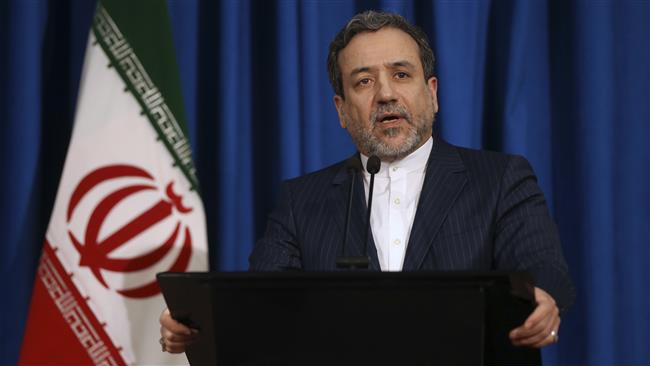

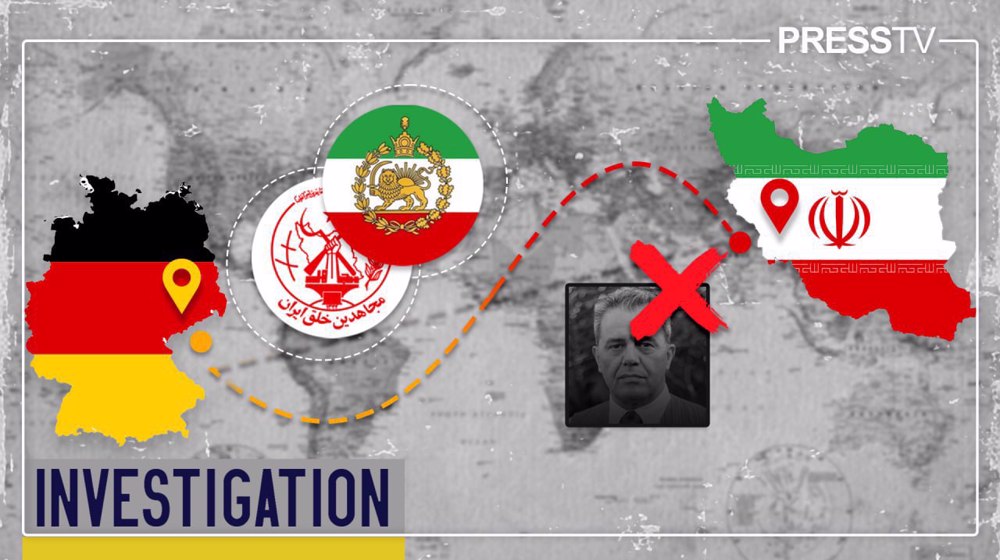
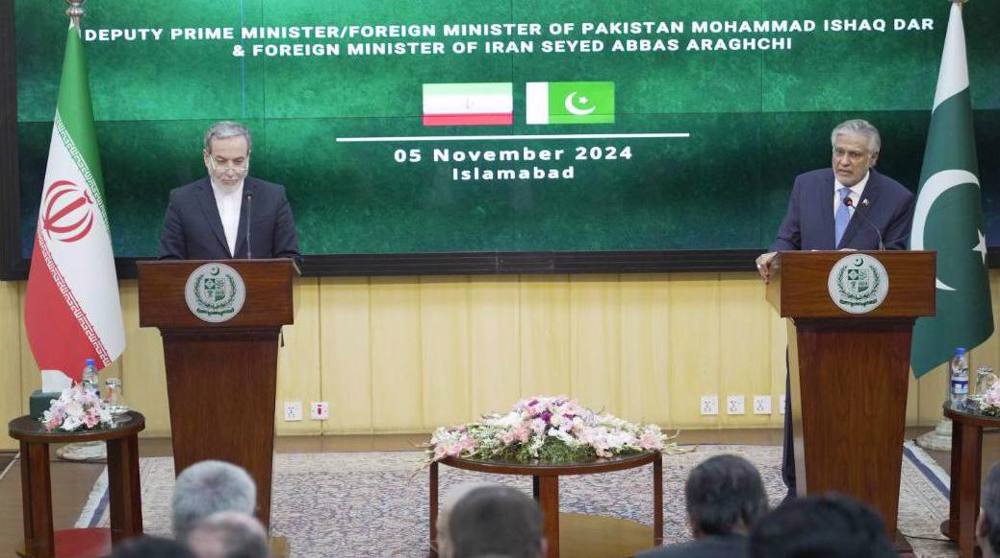
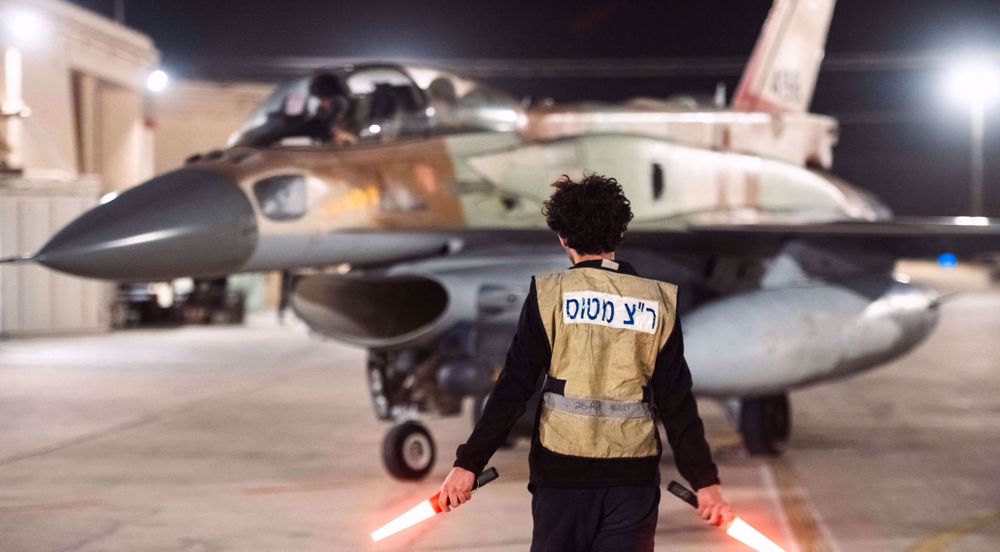



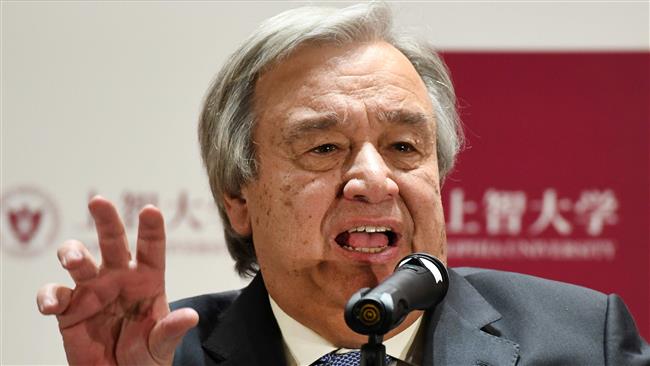
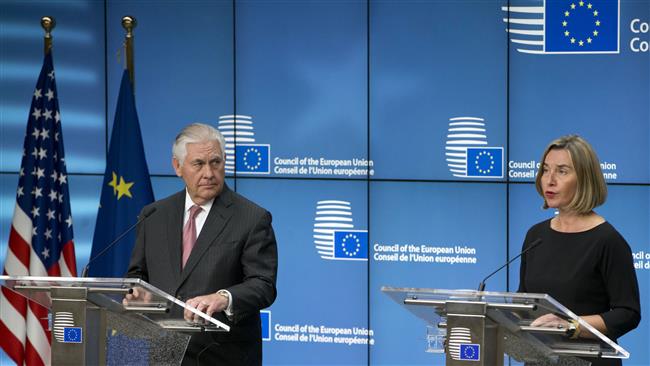
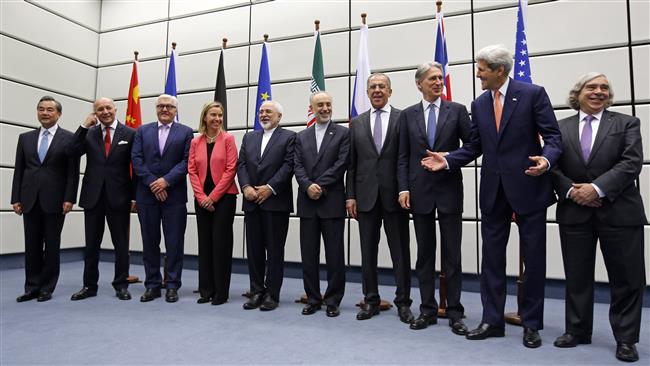
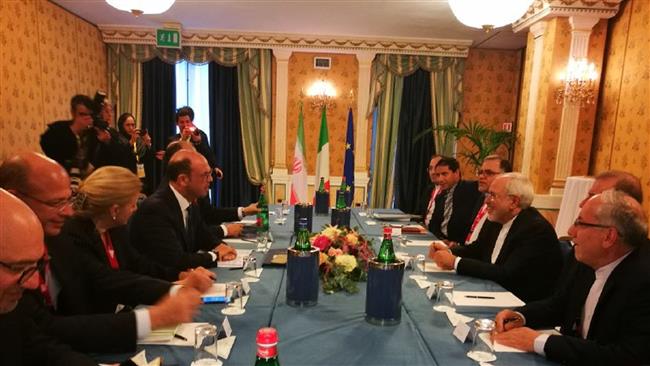
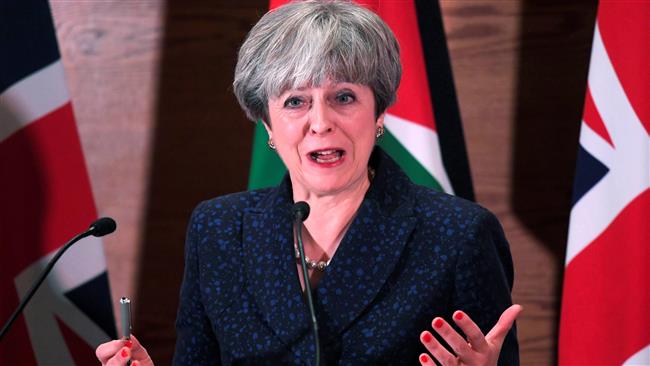

 This makes it easy to access the Press TV website
This makes it easy to access the Press TV website